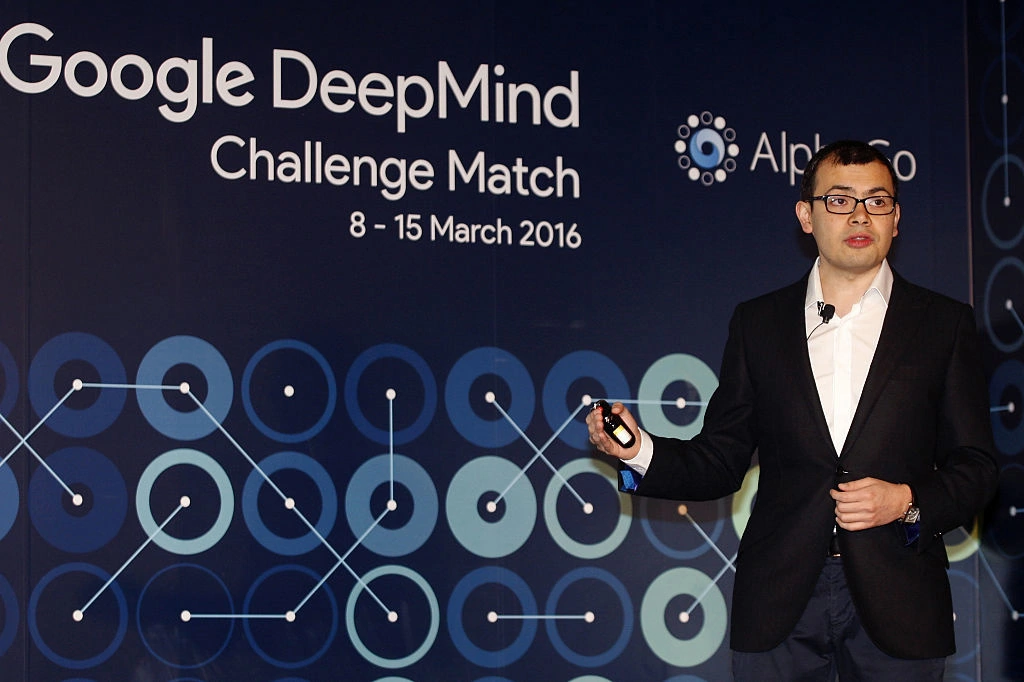Artificial intelligence (AI) is a rapidly developing field that has the potential to revolutionize the way we live and work. With each passing year, AI technologies are becoming more sophisticated, enabling machines to perform tasks that were once thought to be the exclusive domain of humans. While many people are excited about the possibilities of AI, others are concerned about the potential risks that it poses. One of the most intriguing questions surrounding AI is whether machines can become self-aware.

DeepMind, a London-based AI company founded by Hassabis and others in 2010, has made significant strides in the field of AI, including developing a computer program that can beat a human Go champion and an AI program that can predict protein structures with a high degree of accuracy, which has implications for medical research. These achievements are a testament to the enormous potential of AI, which Hassabis believes is “the most important invention humanity has ever made.” For AI to become self-aware, it would need to have the ability to perceive and understand its environment, have a sense of identity and self-awareness, and be able to learn and adapt to new situations. Achieving this level of sophistication in Artificial Intelligence would require significant advancements in areas such as machine learning, computer vision, natural language processing, and robotics.
Despite concerns about the impact of AI on jobs and society, Hassabis is optimistic about its potential. He sees it as another technological change, similar to the widespread adoption of smartphones, that humans will adapt to quickly. However, he also recognizes the need for responsible development and deployment of Artificial Intelligence, ensuring that its benefits are accessible to everyone while minimizing its risks. With its remarkable capabilities and potential, the future of AI is indeed exciting, and only time will tell what breakthroughs we can expect to see in the coming years.
RELATED:
- Google’s Phenaki: A New AI Video Generator That Could Revolutionize the Industry
- Huawei Smart Door Lock Series 2.0 with improved AI 3D face recognition launched
- Best Monitors for PlayStation 5 in 2023
(Via)







